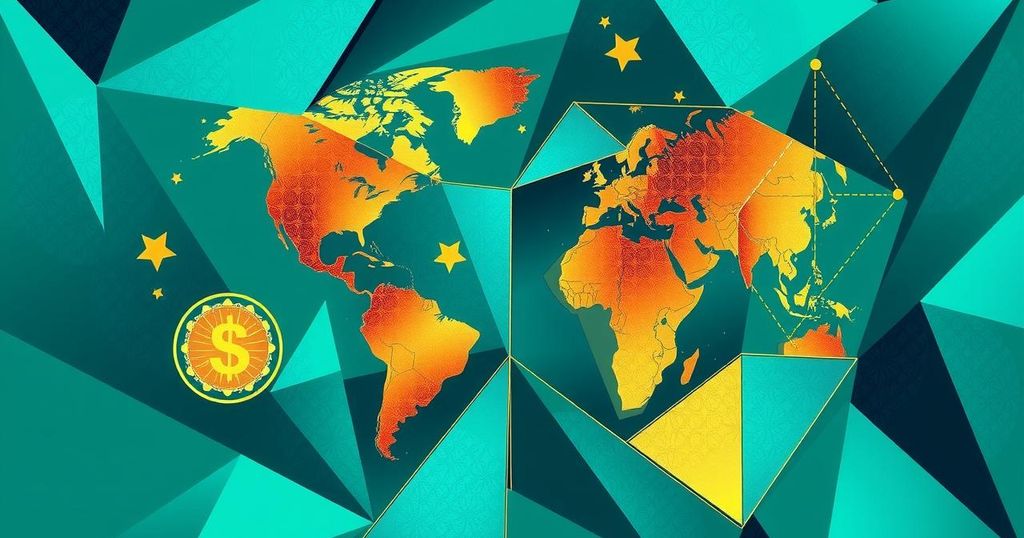Argentina is negotiating for a large upfront payment from the IMF as part of a US$20-billion deal. The focus is on the size and timing of disbursements, with officials aiming to strengthen their reserves and manage debt to the Central Bank. Previous IMF agreements have struggled with upfront funding, raising concerns amid ongoing discussions.
Argentina is currently negotiating with the International Monetary Fund (IMF) for an upfront payment that would comprise a large portion of its upcoming US$20-billion program. The focus of negotiations lies in determining the size and timing of these disbursements. While the specific amount requested remains undisclosed, the pace of disbursement is pivotal as Argentina seeks to bolster its international reserves, a strategy which involves utilizing a part of the funds to settle its debt with the Central Bank.
The Argentine Economy Ministry has yet to comment on the upfront amount being sought. The IMF’s Chief Spokeswoman, Julie Kozack, stated that the disbursement structure is still under negotiation, highlighting that typical IMF lending involves gradual installments contingent on the country meeting specific benchmarks. Investors are particularly attentive to these negotiations following confirmation from Economy Minister Luis Caputo regarding the deal’s total value of US$20 billion.
Morgan Stanley anticipates that the program will include an initial disbursement of US$5 billion in the year 2025. They also project that an additional US$5 billion may come from other international financial entities. Minister Caputo noted that the IMF’s executive board might take several weeks to approve the new loan but did not specify a timeline. He indicated that with contributions from institutions like the IMF and the World Bank, Argentina’s Central Bank reserves could reach approximately US$50 billion.
Discussions around upfront payments have been significant in Argentina’s previous arrangements with the IMF, particularly during agreements made in 2018 and 2022 which struggled to stabilize the economy. In 2018, the IMF initially agreed to advance funds, increasing the program’s total to US$57 billion, though this decision ultimately led to financial mismanagement. A subsequent agreement in 2022 managed an initial disbursement of US$9.8 billion as part of a total US$45-billion deal.
Amid the upcoming presidential election in 2023, Argentina managed to secure US$7.5 billion through the consolidation of two earlier disbursements, even as the program’s guidelines were not consistently followed.
In summary, Argentina is actively seeking a significant upfront payment from the IMF as part of a US$20-billion deal, with negotiations currently focusing on the size and timing of these funds. The government’s strategy aims to enhance its reserves and manage existing debt to the Central Bank. Previous agreements have highlighted the challenges associated with upfront payments, provoking scrutiny from investors and financial analysts alike. As discussions continue, the outcomes will significantly impact Argentina’s economic stability moving forward.
Original Source: batimes.com.ar






